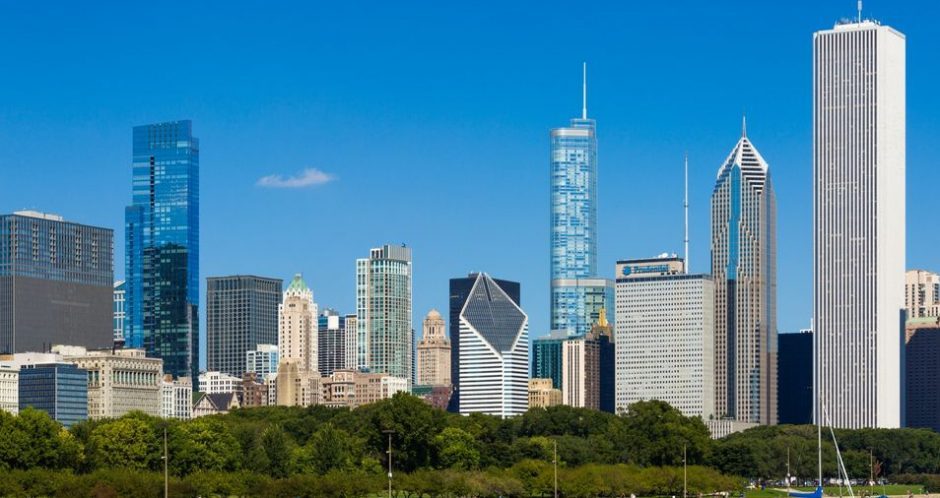Among the many questions in the current debate about the crisis in Ukraine, that of ethnicity, language and attitude toward Russia has drawn great heat but cast very little light on the actual situation. Simplistic arguments thrown about in the acrimonious debate are usually misleading and sometimes flat-out wrong. They confuse what is a complex and often ambiguous situation by attributing to it implications and contrasts that are far from clear.
For example, one commentator objected to a quoted comment by David Speedie that “In simple terms, half of the people in Ukraine look to Russia, and the other half look to the West.” Misquoting Speedie as having said that half the people of Ukraine wish to “go with” Russia (whatever that is supposed to mean), he observed that this could not be true because only 20% of the population of Ukraine are ethnic Russians.
What are the facts? First of all, one should not assume that all ethnic Ukrainians prefer to speak the Ukrainian language, or that ethnic Russians or Russian-speaking Ukrainians necessarily wish to be part of Russia. Very likely, most do not. The fact is that a substantial proportion of Ukrainian citizens consider themselves both Russian and Ukrainian by ethnicity. (Ever hear of intermarriage?)
The latest survey I can locate at the moment was taken in 1997. It asked whether a person considered himself or herself Ukrainian only, Russian only, or both. Fifty-six percent selected Ukrainian only, 11% Russian only, and 27% both. (The latter 27% could be further sub-divided into 7% who considered themselves more Ukrainian than Russian, 14% who considered themselves equally Russian and Ukrainian, and 6% who considered themselves more Russian than Ukrainian.)
Language preference, however, does not correlate precisely with perceived ethnicity. The same 1997 survey quoted above found that there are roughly equal numbers of Ukrainophones (those who prefer to speak Ukrainian) and of Russophones: 41% preferred Ukrainian, 44% Russian and 14% were equally happy in both. As Andrew Wilson observed in his book The Ukrainians, “…only a minority of the overall population, some 21 million, are actually … Ukrainians who prefer to speak Ukrainian (and only half of those live in urban areas, where Russophones are in a majority).”
Considering these figures for Ukraine as a whole doesn’t tell us much, though in general it is more consistent with David Speedie’s observation than that of the critic who misquoted his statement. The more important issue is that these proportions are not distributed equally throughout Ukraine. Russophones are concentrated in the cities, particularly in the east and south and Ukrainophones in the west and in rural areas. But it is also a mistake to believe that just because one is Russian speaking or ethnic Russian one would prefer to live in Russia. Dmitri Trenin stated it more accurately in a recent book when he observed that, for the most part, Ukraine’s Russians “do not want to be part of Russia but also do not want to part with Russia.”
The attempts of Ukrainian nationalists who live predominantly in the western provinces to privilege the Ukrainian language in the entire country are interpreted by most Russophones, whether of Ukrainian or Russian ethnicity, as a violation of their civil and human rights. Until the Ukrainians can build a sense of nationhood on something broader than the Ukrainian language and culture, the nation will remain culturally fractured rather than a national whole. They should pay attention to how other, more successful, multi-linguistic nations have dealt with the issue. The Finns give their Swedish-speaking minority full and equal cultural rights and have one of the most successful and democratic societies on earth. And what would happen to the sense of Irish identity if it required fluency in Celtic?

Pingback: Ucraina: etnia, lingua e atteggiamento verso la Russia | Gianvito Scaringi
Pingback: RUSSIA & UKRAINE: Johnson’s Russia List contents with links :: 2014-#48 :: Thursday, 6 March 2014 | Johnson's Russia List
Pingback: The Clash in Crimea | David Miller